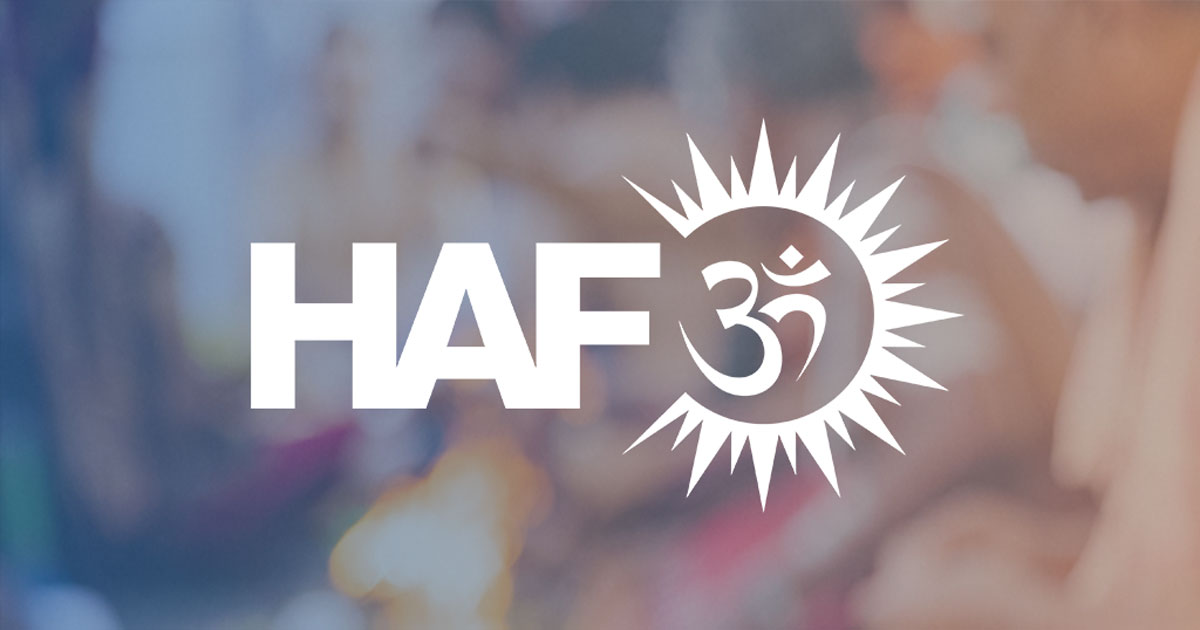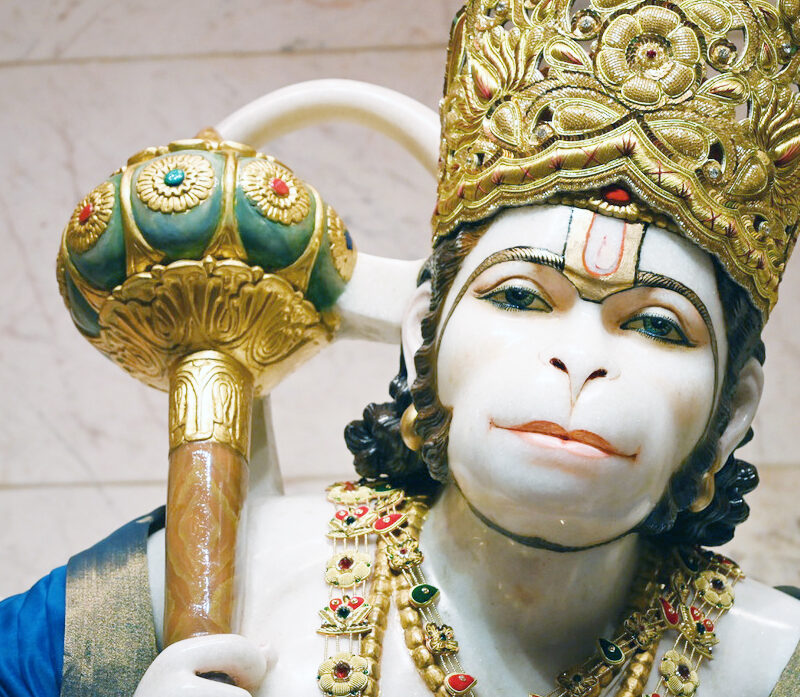
The Dalai Lama, who is in Washington, DC for a ten day event, has written: “I have come to the conclusion that whether or not a person is a religious believer does not matter much. Far more important is that they be a good human being.”. . . “That is why I sometimes say that religion is something we can perhaps do without.”
It seems many in the West agree with the spiritual leader, as millions report that they incorporate Buddhist practices such as meditation or mindfulness into their own spiritual activities without necessarily adopting Buddhism as their religion.
Does religion aid or hinder the spiritual journey? Can you practice Buddhism without becoming Buddhist?
His Holiness The Dalai Lama may be the exiled leader of Tibet, the titular leader of its stream of Buddhism and a non-violent moral counter to Chinese imperialism, but as the voice of Dharma–right action, balance, moderation–his is another voice of conscience and humanity. Empirical science may never define that inimitable aura of the Eastern Himalayas that inspires seekers and from whence the Dharma spiritual masters come–but inspired they are, and down to the plains these spiritual leaders come with a rational spirituality that resonates with billions. The dichotomies that the Dalai Lama represents are clear: he is to Chinese autocrats, what spirituality is to materialism; what tolerance is to hate; and what pluralism is to chauvinism.
It is in the last analogy–the embrace of pluralism–that embodies the critical difference between “religion” as seen by the Abrahamic faiths and Dharma traditions. Religion becomes a definition, a label, an identity when it sees walls between believers. When a believer defines a religion in the language of certitude, polarities of good and evil manifest. “This is Truth,” but “That is Evil,” the “religious” will say, and only one road will lead to salvation, while another yields damnation, no matter how righteous and moral the follower of another faith may be.
For the Dalai Lama, “religion” is not a part of the spiritual journey. Of course Buddhist, Hindus, Sikhs, and Jains have core precepts that define their tradition and distinguish them from others, but the tradition is not a members only trip to salvation, nirvana or moksha. The benefits of yoga, meditation, mindfulness, and self-realization are open source, not encoded behind secret passwords, where the username is a certain “religion.”
It is this open embrace that the Dalai Lama represents, and it is the power of unconditional love for humanity that an autocratic government in Beijing fears. The Berlin Wall’s fall ended the Cold War, and tearing down the walls of “religion” will end the era of religious exclusivism and usher in the pluralism and tolerance that is the call of our times.








































